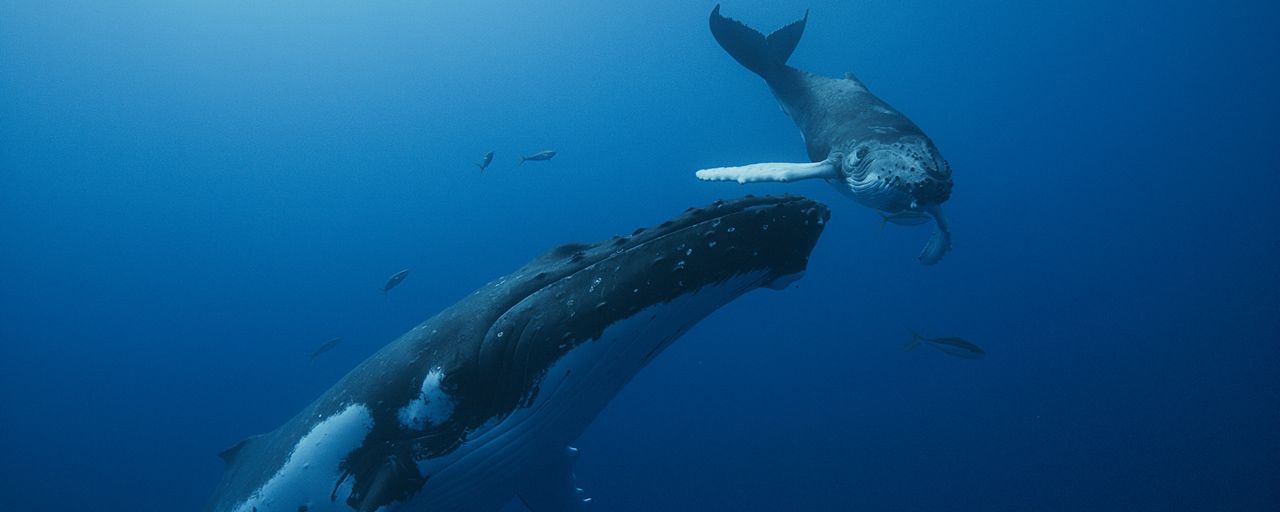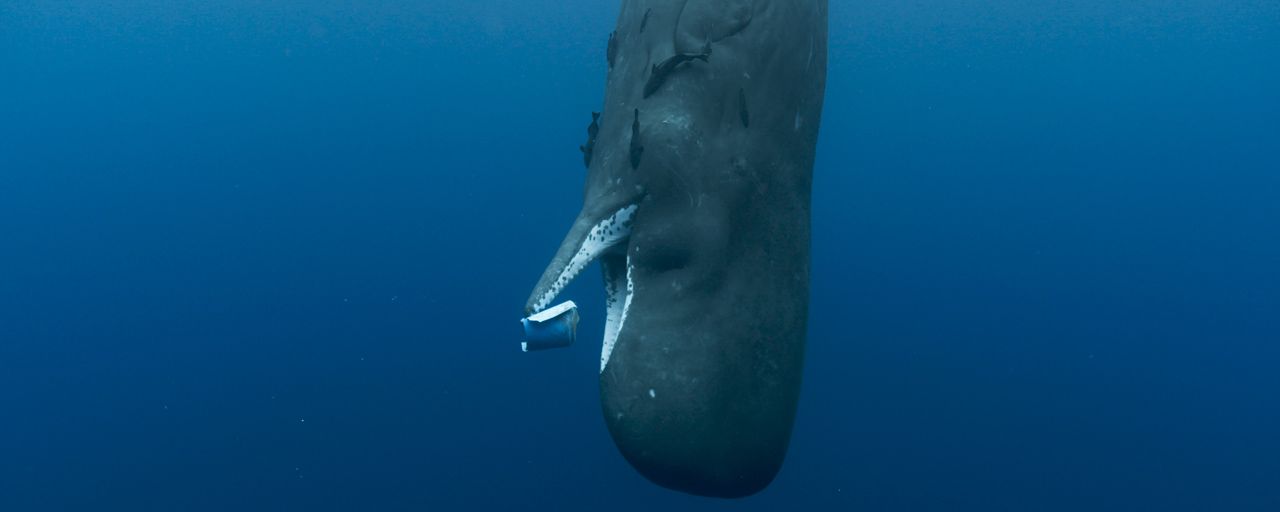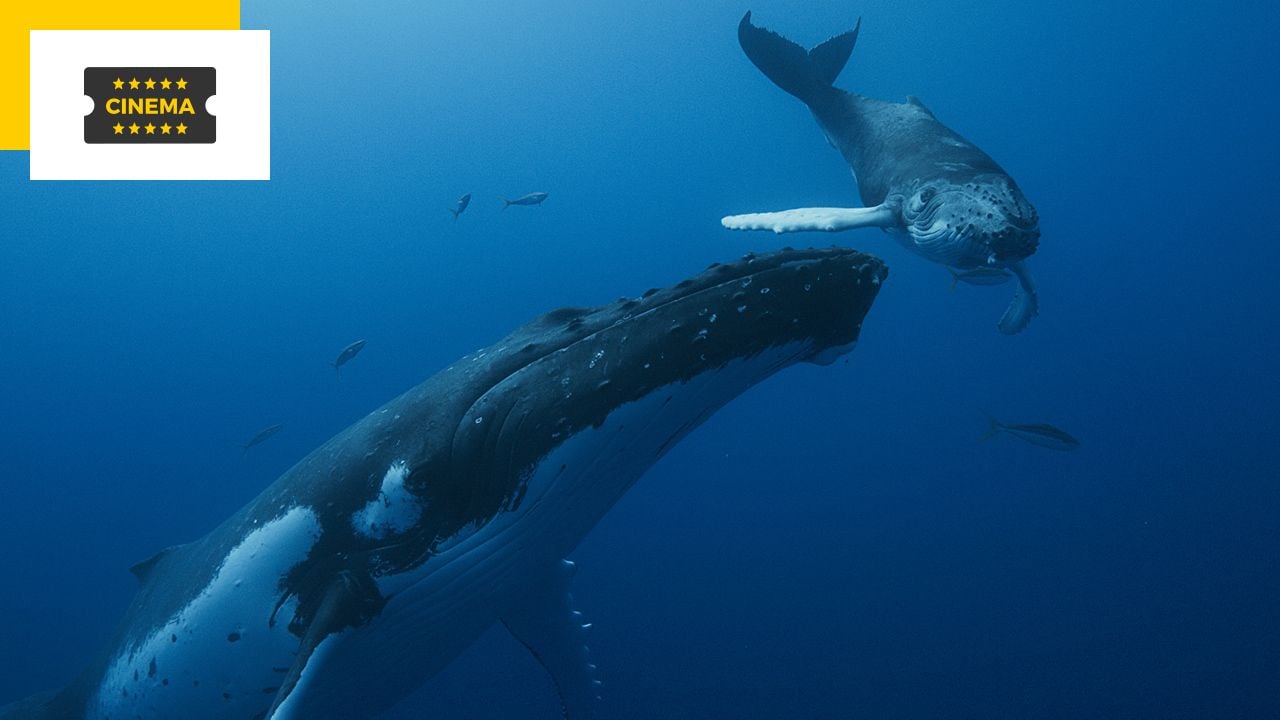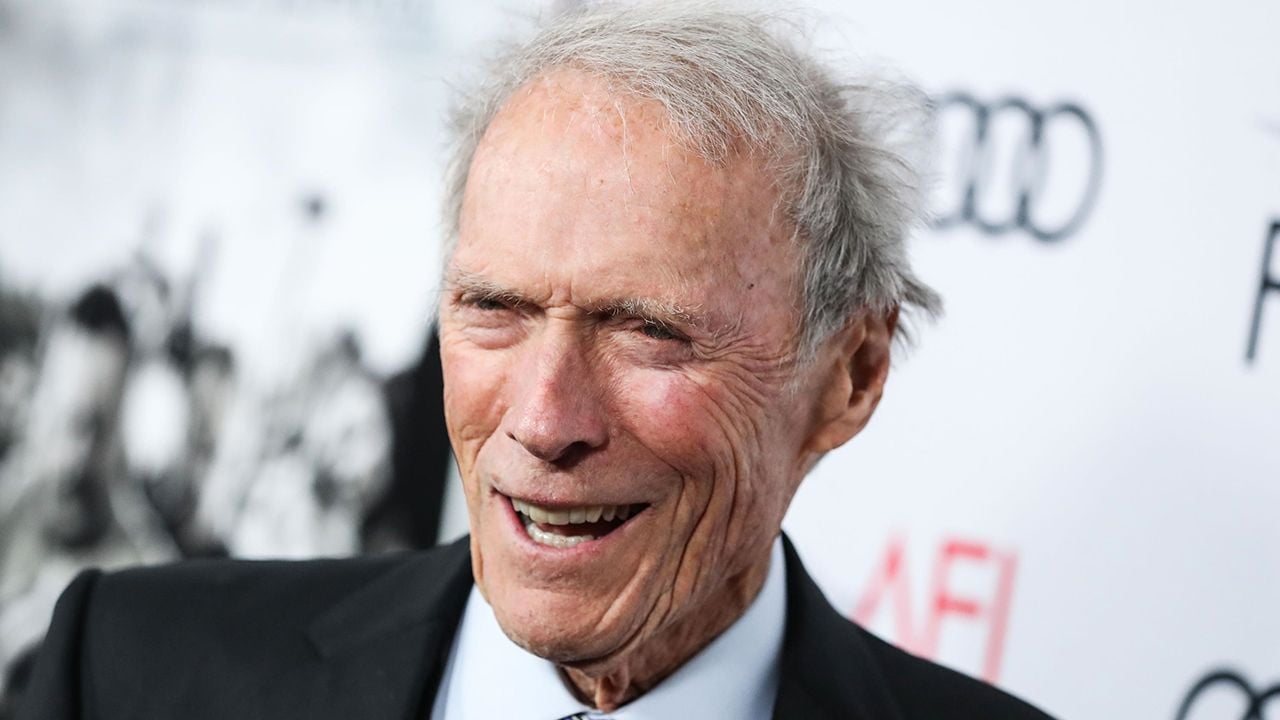14 years after the Titanic syndrome, which warned of an ecological crisis, director Jean-Albert Lievre returns with the documentary Guardians of the Planet.
In this film, narrated by Jean Dujardin, a humpback whale is stranded on an isolated shore. As a group of men and women organize their survival, we discover the extraordinary history of cetaceans, citizens of the world’s oceans who have been essential to our planet’s ecosystem for more than 50 million years.
Responsible shooting
Unlike big productions of animal documentaries, which usually mobilize large teams, the director chose to keep mobility to a minimum with a reduced team, especially working with local professionals.
Jean-Albert Lièvre wanted to do this to keep the whales calm and reduce the environmental impact of filming. He explains:
“Whales live all over the world, and choices have been made to limit the movement of men and equipment. For example, Mexico was preferred because there are 3 species.
Filming crews have been reduced to 2-3 people, with priority given to technicians and equipment already on site. So when we left Paris, there were no more than three of us, sometimes I was left alone, working on the spot with fishermen, divers, “dronisters” or local sound engineers.
Guardians of the Planet
This production scheme gave me some speed and responsiveness, which was necessary to capture the best images when the shooting conditions were not perfect. Likes to change places when animals are not present or if the weather is not favorable.
Often, a day goes by without usable images. But sometimes, a magical meeting in a few hours removes the failure of several days. You should be patient, confident, never stressed and surround yourself with the best specialists.”
A unique point of view…
Guardians of the Planet takes an original point of view: the whale. In the voice of Jean Dujardin, cetaceans tell their story. Visually, the viewer is very close to the animals, so much so that sometimes we get the impression of being in the shoes of one of them.
To achieve this result, it was necessary to get as close as possible to these mammals, and having a small team allowed them to be more reactive.

Guardians of the Planet
Hunted for many years because humans feared them, whales are still on the verge of extinction.
Although whaling is now largely prohibited, human activities continue to disrupt the existence of these animals, which are essential to the proper functioning of the planet.
did you know
Whales contribute to the balance of the planet with their excrement. Rich in mineral nutrients, they promote the growth of phytoplankton, which carry out photosynthesis like plants.
This means it uses light energy, CO2 from the atmosphere, and mineral nutrients taken from the ocean to grow… while giving off oxygen, also called oxygen.

Guardians of the Planet
According to scientists, phytoplankton provide half of our planet’s oxygen, the gas that allows us to breathe.
Because whales stimulate the growth of phytoplankton, they indirectly contribute to the production of oxygen. And that’s not all! Some of the CO2 absorbed by the phytoplankton, when it dies, is transported to the depths. So much for CO2, the main greenhouse gas, that will be out of the atmosphere for a long time.*
Guardians of the Planet is in theaters this Wednesday, February 22nd.
* Comments taken from the press kit
Source: Allocine
Rose James is a Gossipify movie and series reviewer known for her in-depth analysis and unique perspective on the latest releases. With a background in film studies, she provides engaging and informative reviews, and keeps readers up to date with industry trends and emerging talents.




![Such a great sun in advance: Elizabeth’s Terrible Accidental Victims … which Waiting for You Week until August 25, 2025 [SPOILERS] Such a great sun in advance: Elizabeth’s Terrible Accidental Victims … which Waiting for You Week until August 25, 2025 [SPOILERS]](https://fr.web.img6.acsta.net/img/d0/c4/d0c4d9256b5997c98008a65d7a43177e.jpg)

